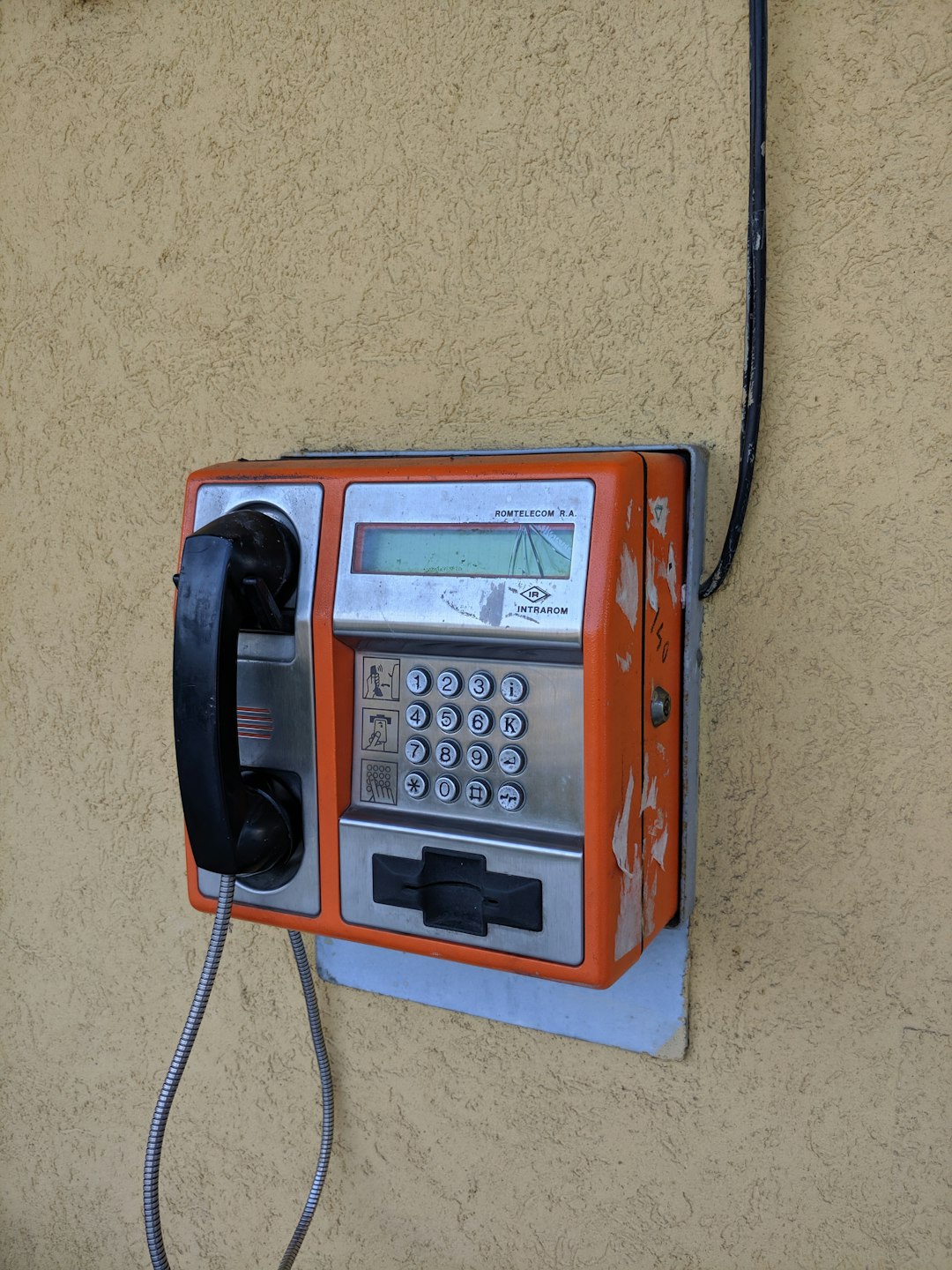Robocalls have surged in Idaho Falls, impacting small businesses and consumers. Unwanted automated calls can disrupt operations, lower customer satisfaction, and lead to legal issues under the Telephone Consumer Protection Act (TCPA). Advanced technology makes call blocking difficult, emphasizing the need for proactive strategies. Businesses should consult a lawyer for robocall Idaho to understand TCPA regulations, avoid fines, and protect their reputations. Innovative solutions like blocking systems and opt-out programs can mitigate robocalls and turn them into revenue streams.
In today’s digital age, small businesses in Idaho Falls are increasingly plagued by robocalls, posing a significant challenge. These automated phone calls not only disrupt operations but also pose legal and financial risks. This article delves into the growing prevalence of robocalls in Idaho Falls, exploring their impact on local businesses. We navigate the legal landscape to understand protections available and offer effective strategies for mitigation. Additionally, we present inspiring case studies of small businesses that have successfully fought back against these nuisance calls, highlighting the importance of proactive measures with the help of a lawyer specializing in robocall litigation in Idaho.
Understanding Robocalls and Their Prevalence in Idaho Falls

Robocalls, automated phone calls that deliver pre-recorded messages, have become a ubiquitous part of modern communication. In Idaho Falls, as in many places across the country, these calls have significantly increased over the past decade. They are used for various purposes, from marketing and sales to debt collection and political campaigning. While some robocalls offer valuable information or services, others can be frustrating or even illegal, especially when they’re unsolicited and disruptive.
For small businesses in Idaho Falls, managing these calls can be a challenge. Unwanted robocalls can lead to decreased customer satisfaction, wasted time, and potential legal issues for businesses that fail to comply with regulations like the Telephone Consumer Protection Act (TCPA). With the rise of advanced technology, identifying and blocking these calls has become more complex, necessitating proactive measures from business owners who want to protect their operations and customers. Seeking legal advice from a lawyer for robocall Idaho Falls can be a strategic step to understand rights, obligations, and the best methods for mitigating this growing problem.
The Legal Landscape: Protecting Small Businesses from Robocalls

In Idaho Falls, small businesses face a growing concern in the form of robocalls. While consumer protection laws exist to curb excessive automated phone calls, navigating the legal landscape can be complex. Businesses often receive robocalls promoting products or services, which, while annoying, are generally legal if consumers have opted-in. However, when robocalls violate do-not-call lists or use deceptive practices, they become a serious issue. A lawyer for robocall Idaho Falls can help businesses understand their rights and take action against persistent or illegal calls.
Businesses should be aware of the Telephone Consumer Protection Act (TCPA), which regulates automated calling systems and prerecorded messages. Violations can result in significant fines. Engaging legal counsel specializing in telecommunications law is a proactive step for small businesses to protect themselves from financial losses and reputational damage caused by unauthorized robocalls.
Strategies to Mitigate and Respond to Robocalls Effectively

Small businesses in Idaho Falls, like many across the country, face a growing challenge from robocalls. While blocking numbers and using call-screening tools can help, these measures alone aren’t enough. Businesses should consider implementing more robust strategies to mitigate and respond to robocalls effectively.
Hiring a lawyer specializing in robocall litigation is one proactive step. Legal experts can guide businesses on how to navigate complex regulations surrounding automated calls, such as the TCPA (Telemarketing Consumer Protection Act). They can also help formulate tailored plans for identifying, documenting, and reporting illegal robocalls. Additionally, establishing clear communication protocols with customers about call preferences and providing opt-out mechanisms can significantly reduce unwanted calls.
Case Studies: Success Stories of Small Businesses Fighting Back Against Robocalls

Small businesses in Idaho Falls, like elsewhere, have been increasingly affected by robocalls, leading many to seek solutions and fight back against this nuisance. However, amidst the challenges posed by automated calls, several success stories emerge, showcasing how entrepreneurial spirit and innovative strategies can overcome these modern-day obstacles.
One inspiring example is that of a local coffee shop owner who, tired of countless unwanted robocalls, took matters into their own hands. They partnered with a legal expert specializing in robocall cases and together developed a comprehensive system to block and trace the calls. This not only reduced customer frustration but also turned a potential loss into a revenue stream by offering a unique ‘No Robocall’ membership program, which attracted tech-savvy patrons. Similarly, a small retail store owner implemented an interactive voice response (IVR) system, allowing customers to easily opt-out of marketing calls, thereby enhancing their brand reputation and fostering customer loyalty. These cases demonstrate that with the right tools and legal guidance, available from a lawyer for robocall Idaho, businesses can turn the tables on robocalls and create positive outcomes.






